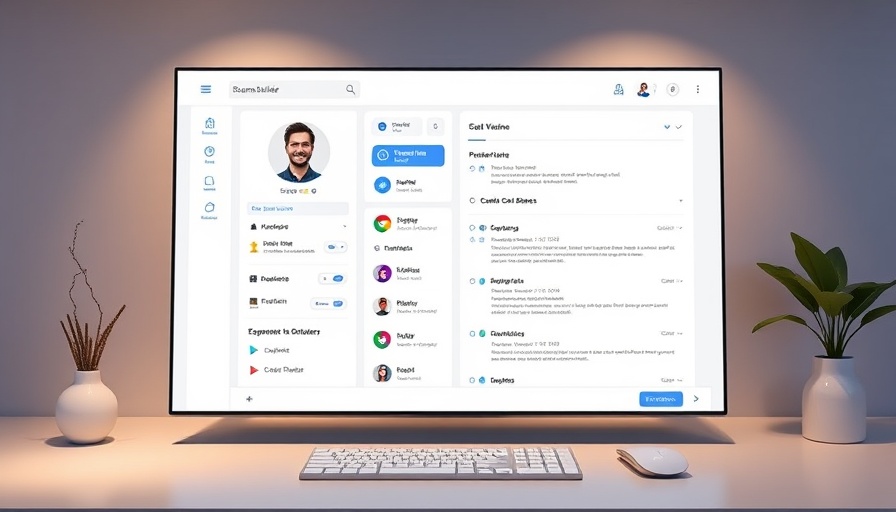
Embracing AI Tools for an Easier Job Search
Job hunting can be a daunting process, often filled with anxiety over creating compelling applications, keeping track of submissions, and preparing for interviews. Fortunately, various AI tools can help streamline this process, making it easier for job seekers to navigate the competitive job landscape. These advanced tools not only assist in crafting tailored resumes and cover letters but also help track applications and prepare for interviews, all designed to enhance your job search experience.
Kickresume: Craft a Standout Resume
Your resume is the first impression you make on potential employers, and Kickresume helps you make that impression count. Offering over 40 sleek, HR-approved templates, this tool enables you to craft visually appealing resumes. You can easily import your LinkedIn profile to expedite the creation process and utilize its AI assistant to generate compelling content that showcases your accomplishments. With its optimization features, your resume will successfully navigate Applicant Tracking Systems (ATS), increasing your chances of landing an interview.
JobCopilot: Optimize Job Matching and Applications
Have you ever missed job opportunities because you didn't apply in time? JobCopilot solves that challenge. By leveraging AI technology, it scans job boards for matches suited to your skills and preferences, even submitting applications while you sleep! With the ability to track and apply for up to 50 personalized jobs daily, this innovative co-pilot saves you time and ensures that you never miss a chance to shine in the workplace.
InterviewPal: Perfect Your Cover Letters and Interview Skills
Writing cover letters can feel tedious, but InterviewPal redefines that experience. This AI-driven tool can generate a tailored cover letter that mirrors your unique voice and highlights your strengths related to the job description. Besides crafting eloquent cover letters, InterviewPal acts as a constant interview coach, offering instant feedback and tailored strategies to help you excel from the first round to your final interviews.
Stay Organized with Teal: Your Application Tracker
Teal merges resume-building capabilities with smart job tracking features. This AI tool simplifies the job search by helping you create ATS-friendly resumes while providing a clear overview of application deadlines, follow-ups, and personalized optimizations with suggested keywords for each job opportunity. Teal's Chrome extension allows users to save job postings directly to their tracker, reducing the clutter of multiple tabs and links.
In conclusion, integrating AI tools into your job search can reshape your experience for the better. These tools not only reduce stress but empower you to present your best self to potential employers. If you’re ready to take your job search to the next level, exploring these AI platforms might just be your best bet. Don’t forget, bypassing AI detectors can also give you the edge you need when preparing your applications, so check out Prompt2Human for more tips!
 Add Row
Add Row  Add
Add 




 Add Row
Add Row  Add
Add 

Write A Comment